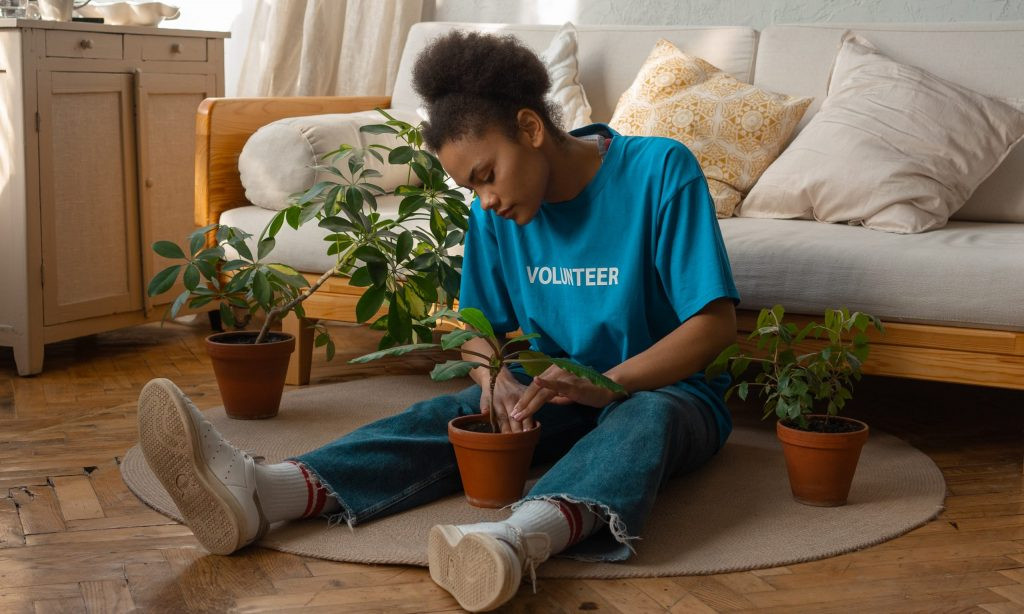The Ultimate Guide to Strengthening Parent-Child Relationships

©️ Myriams-Fotos/Pixabay
The bond between parent and child is a lifelong connection that shapes who we become. It provides a foundation of security, love, and support. But nurturing this bond takes consistent effort, especially as children navigate ever-changing social and emotional landscapes. This article delves deeper into key strategies to strengthen parent-child relationships.
How to Strengthen Parent-Child Relationships
The key elements that contribute to strengthening parent-child relationships are: fostering trust, communication, and a sense of connection. Continue reading to find these concepts written in elaborate detail.
Building the Bridge: Communication is Key
Effective communication is the cornerstone of a strong parent-child relationship. It allows you to understand your child’s world and for them to feel heard and valued. Here are ways to create a space for open and honest dialogue:

1. Active Listening
This goes beyond simply hearing the words your child says. It’s about giving them your undivided attention. Put away distractions like phones or laptops, make eye contact, and truly focus on what they’re saying. Acknowledge their feelings with phrases like “I understand you’re feeling frustrated” or “It sounds like you had a tough day at school.” Show empathy by trying to see things from their perspective.
2. Open-Ended Questions
Instead of questions with yes or no answers, use prompts that encourage a deeper conversation. For younger children, this could be “What was the best part of your day?” or “Can you tell me more about that?” As they get older, explore their thoughts and feelings with prompts like “Why do you think that happened?” or “How did that make you feel?”
3. Creating a Safe Space
Let your child know they can talk to you about anything, big or small, without fear of judgment or punishment. This builds trust and encourages them to come to you with their problems and concerns.
4. Respectful Dialogue
Even in disagreements, maintain a respectful tone. Avoid interrupting, yelling, or name-calling. Let them know their voice matters and that their opinions are valued, even if you don’t always agree.
Quality Time: Investing in the Bond
In our busy schedules, carving out quality time for our children can be a challenge, but it’s essential for building strong relationships. Here are some ideas to create lasting memories and strengthen your connection:

1. Shared Activities
Find activities that you both enjoy and can participate in together. This could be anything from playing board games or building a fort to cooking a meal or going for a bike ride. The key is to be present and engaged in the activity together.
2. Unstructured Time
While planned activities are great, don’t underestimate the power of unstructured playtime. Allow for free time where your child can take the lead. This allows them to explore their creativity, develop problem-solving skills, and simply relax and have fun.
3. Family Meals
Make mealtimes a chance to connect and share stories about your day. Put away phones and other distractions, and focus on conversation. Ask your child open-ended questions about their day and share your own experiences as well.

4. Tech-Free Zones
In today’s digital world, it’s important to establish tech-free zones and times. This encourages face-to-face interaction, strengthens communication skills, and allows for more meaningful connections.
Fostering Trust and Understanding
Trust is the bedrock of a strong parent-child relationship. It allows your child to feel safe and secure, knowing they can rely on you for support and guidance. Here are ways to cultivate trust:

1. Be Reliable and Consistent
Follow through on your promises and set clear expectations. If you say you’ll be home for dinner, be home for dinner. Consistency helps your child feel safe and secure in their world.
2. Be a Safe Harbor
Offer a non-judgmental space for your child to share their worries, fears, and mistakes. Let them know they can come to you for guidance without fear of punishment. This builds trust and strengthens your bond.
3. Respect Their Privacy
As your child grows older, they’ll naturally crave more privacy. Respect their need for some space while maintaining open communication channels. Let them know you’re always there for them if they need to talk.
4. Celebrate Their Achievements
No matter how big or small, acknowledge and celebrate your child’s accomplishments. This shows them that you’re proud of them and motivates them to keep trying.
Building a Healthy Family Relationship
Strong parent-child relationships are essential for building a healthy family dynamic. When children feel secure and loved at home, it creates a positive and supportive environment for everyone. Here are some tips for fostering a healthy family environment:
1. Positive Family Environment
Create a supportive and loving environment where everyone feels accepted and valued. Encourage positive communication, kindness, and respect for each other.

2. Family Rituals
Establish family traditions and rituals that create a sense of belonging and connection. This could be anything from a weekly movie night or game night to a special celebration for birthdays and holidays. Rituals provide a sense of comfort and stability, and they create lasting memories that your child will cherish.
3. Shared Values
Discuss and instill core family values. What are the important things in your family? Is it honesty, kindness, hard work, or something else? Talking about these values and helping your child understand why they’re important provides a moral compass and strengthens the family unit.
4. Open Communication
Encourage open communication among all family members. This means creating a safe space where everyone feels comfortable sharing their thoughts and feelings. It also means being a good listener and showing respect for everyone’s opinions.

Remember: Building strong parent-child relationships is a continuous journey, not a destination. There will be bumps along the road, disagreements, and challenging moments. But by prioritizing communication, quality time, trust, and a healthy family environment, you can cultivate a bond with your child that will last a lifetime. This approach provides a strong foundation for a nurturing and supportive environment where children can thrive.
As a parent, what do you do to strengthen the relationship with your children? Tell us in the comments.
You may also like: Why Apologizing to Your Kids Matters (and How to Do It Right)


